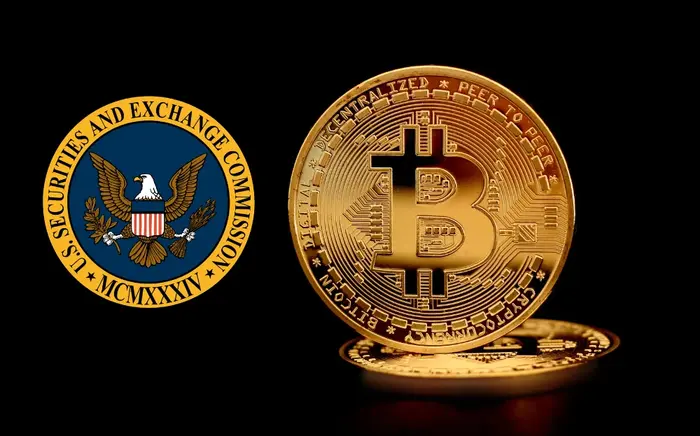U.S. President Joe Biden vetoed a congressional resolution that aimed to overturn the Securities and Exchange Commission's (SEC) Staff Accounting Bulletin (SAB) 121, which outlines how banks should manage clients' crypto assets. This means that crypto companies will continue to be required to treat customer crypto holdings as liabilities on their balance sheets.
SAB 121, introduced in March 2022, directs financial institutions that custody cryptocurrencies for clients to consolidate these assets on their balance sheet. The crypto industry views this strategy as controversial because it raises the costs for banks handling crypto and may impede the growth of the digital asset market.
Bipartisan support helped the House and Senate pass the resolution to overturn SAB 121. However, President Biden vetoed the measure, citing concerns that it would undermine the SEC's ability to set appropriate regulatory standards and address future issues related to crypto assets.
Biden emphasized the importance of maintaining "appropriate guardrails that protect consumers and investors" in the crypto market. He stated that his administration is committed to working with Congress to establish a comprehensive and balanced regulatory framework for digital assets, which would promote responsible development and innovation in the sector.
The veto was met with opposition from the crypto industry and some lawmakers, who argued that SAB 121 creates an unfair standard for crypto compared to other financial assets. They also expressed concerns that the guidance could prevent banks from providing digital asset custody services at scale, which would harm investors and the financial system.
The SEC has maintained that SAB 121 is necessary to ensure investor safety and transparency in the crypto market. The agency has pointed out that the guidance provides important disclosures to investors about the level of risk taken by crypto custodians and helps prevent financial instability by requiring firms to hold capital reserves against risky on-balance sheet items.
For more insights, explore our Bitcompare to make informed decisions.








